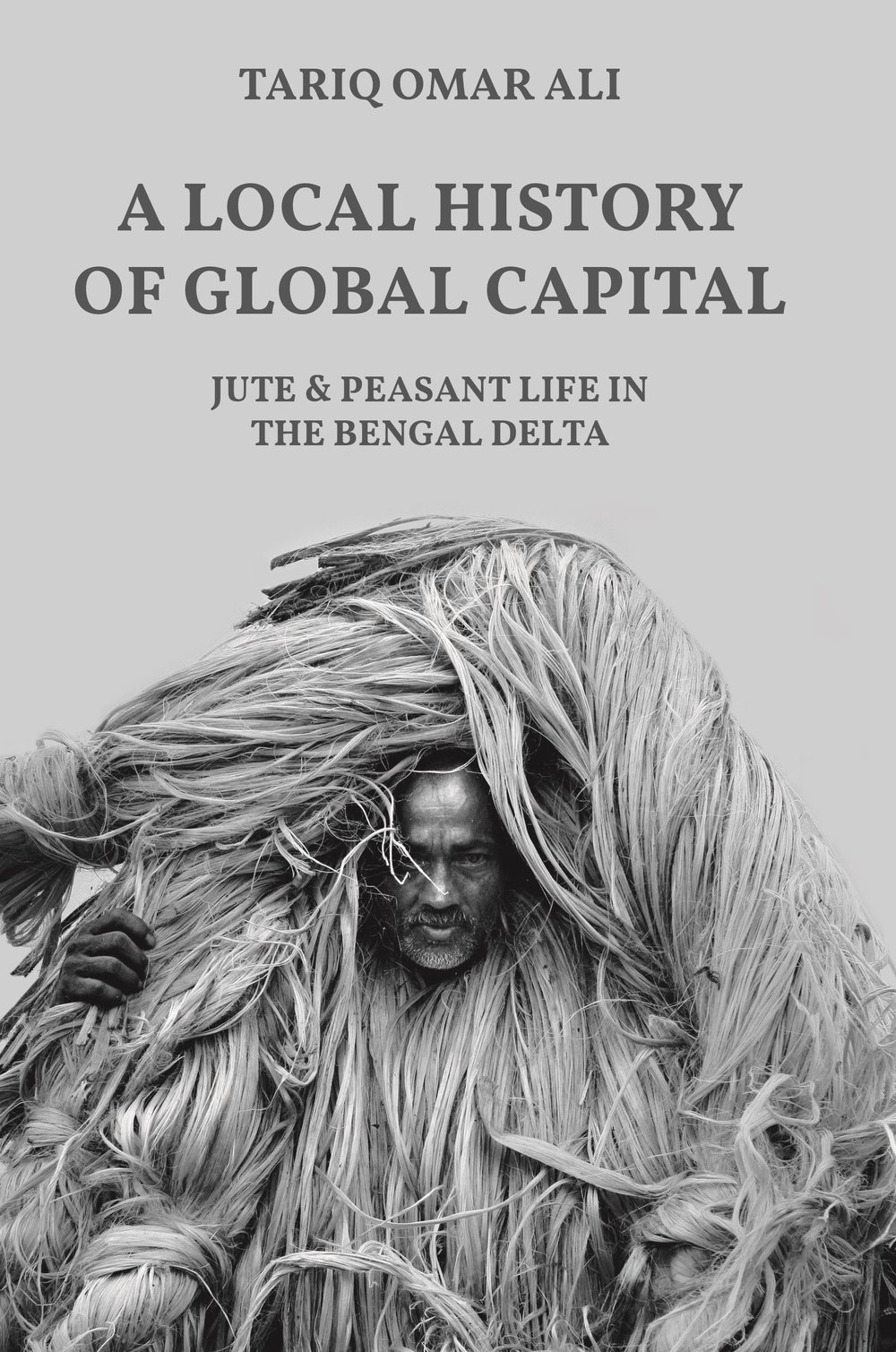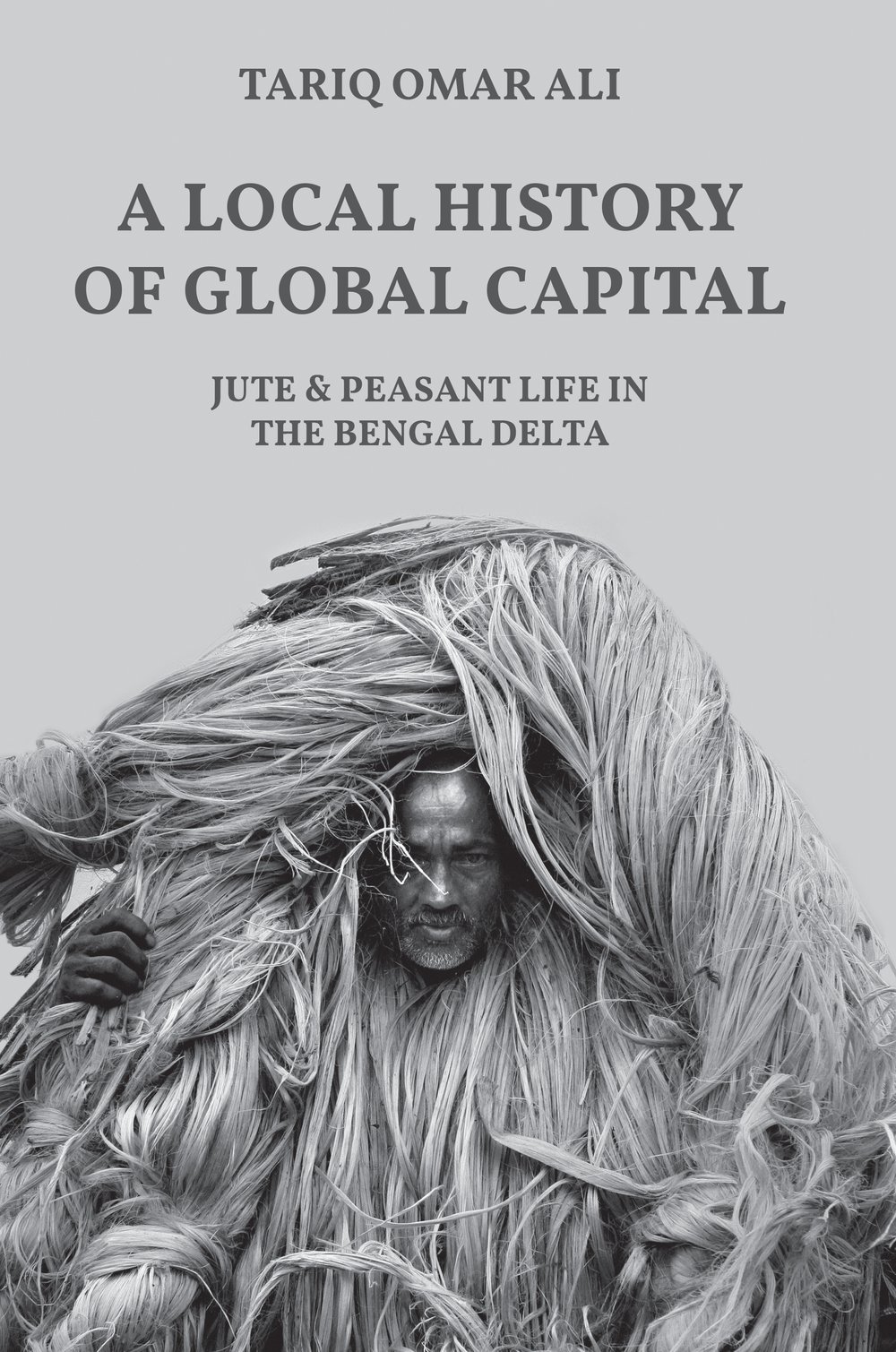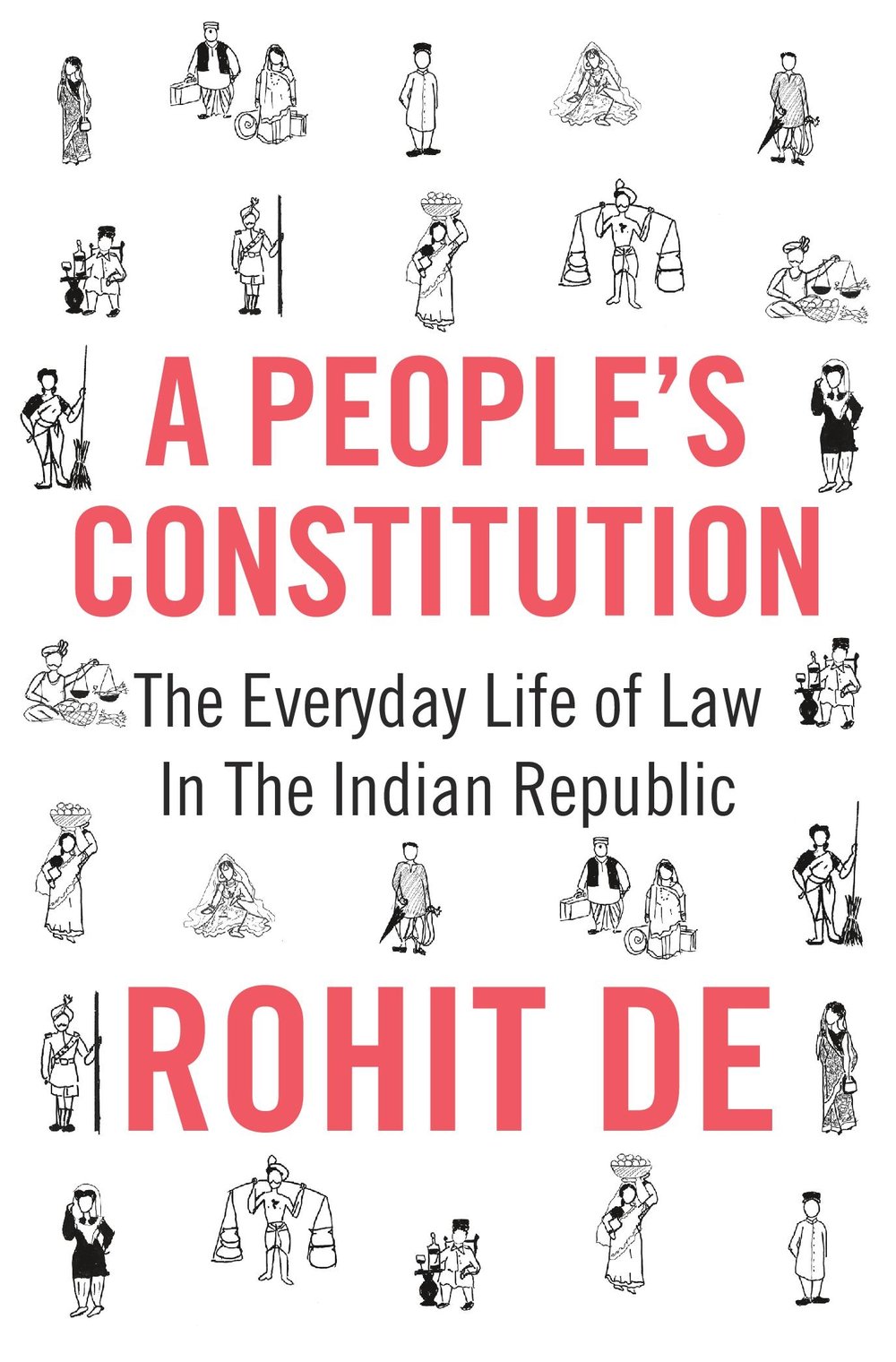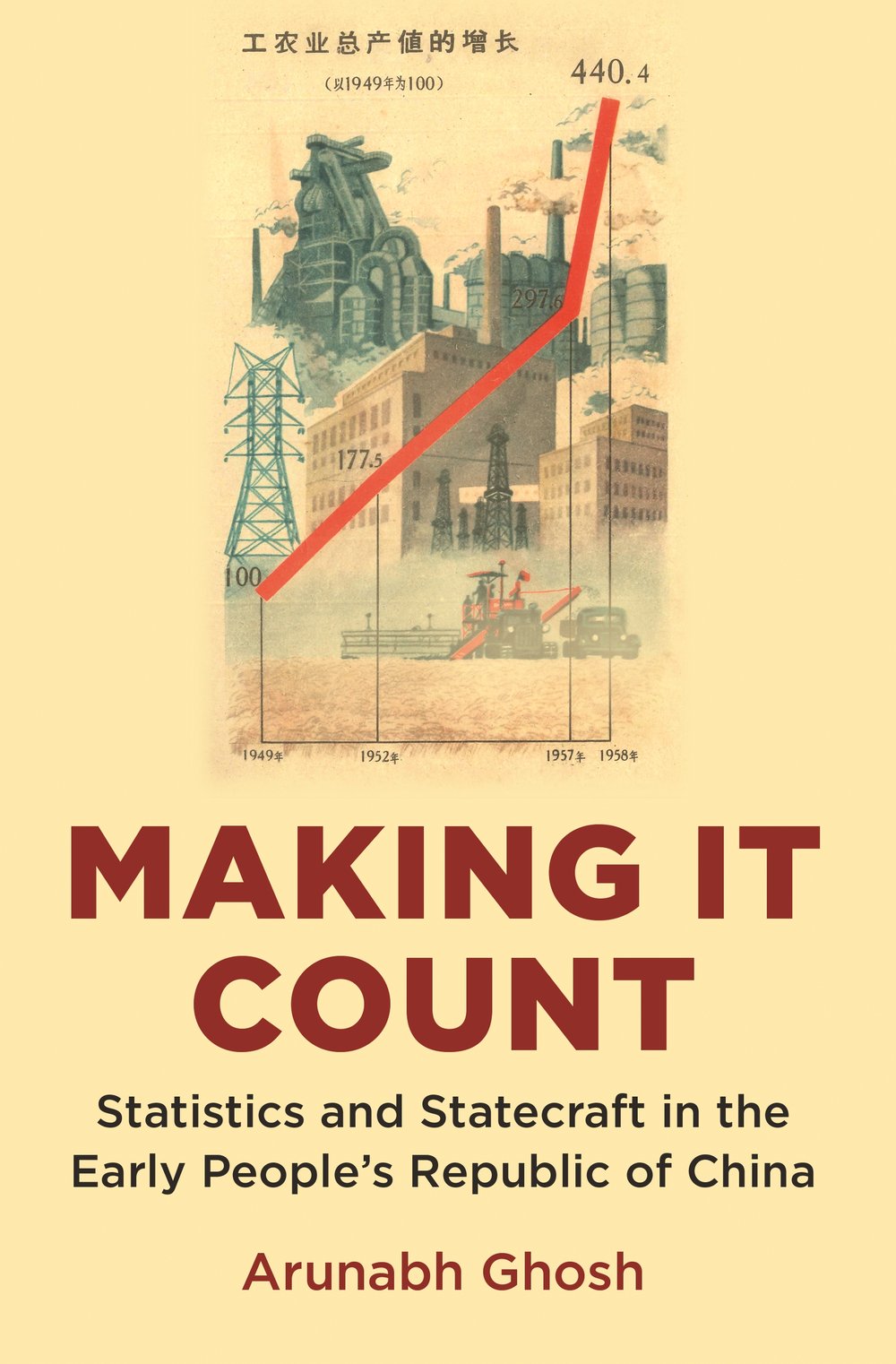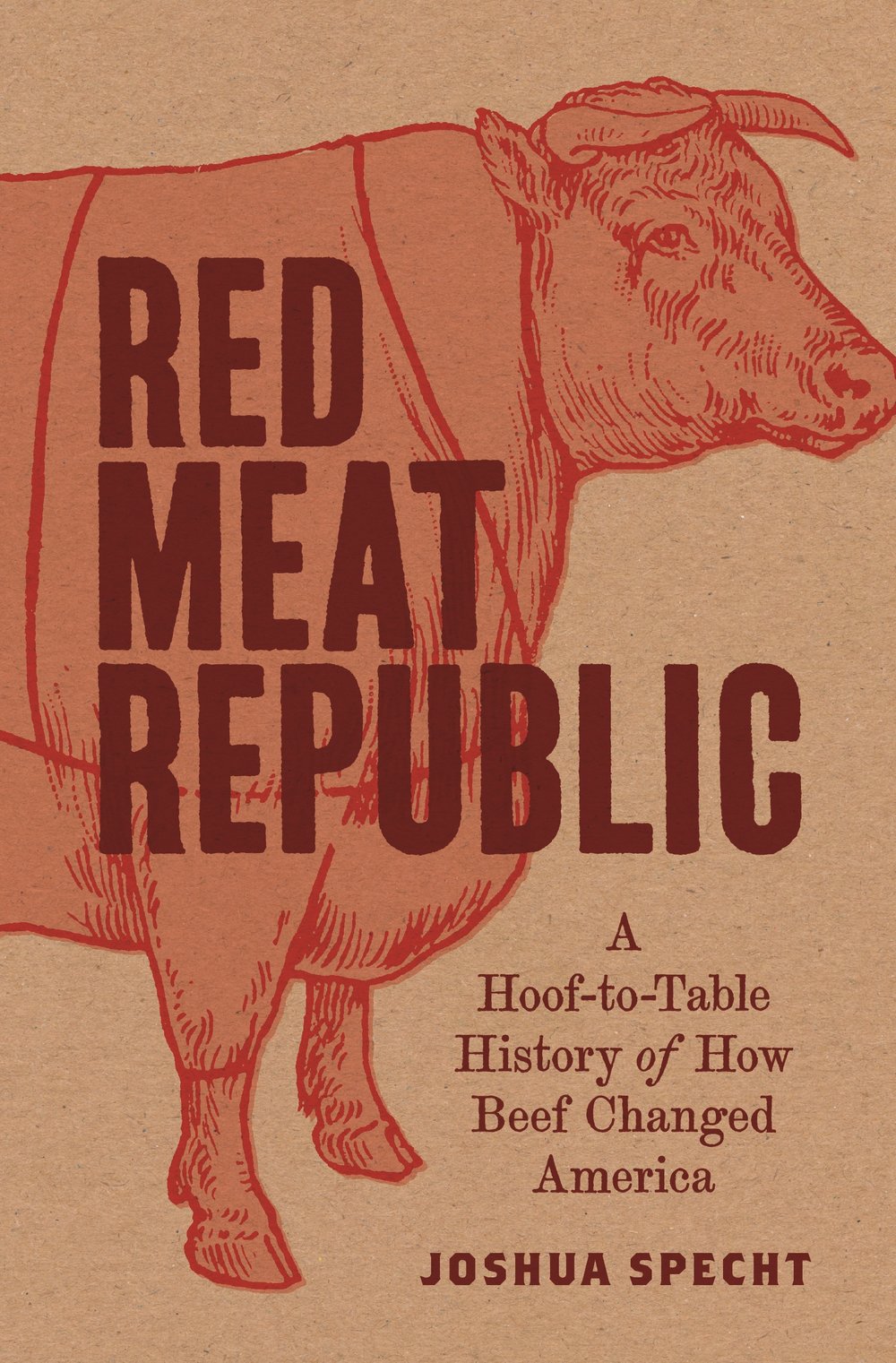Empires of Vice
The Rise of Opium Prohibition across Southeast Asia
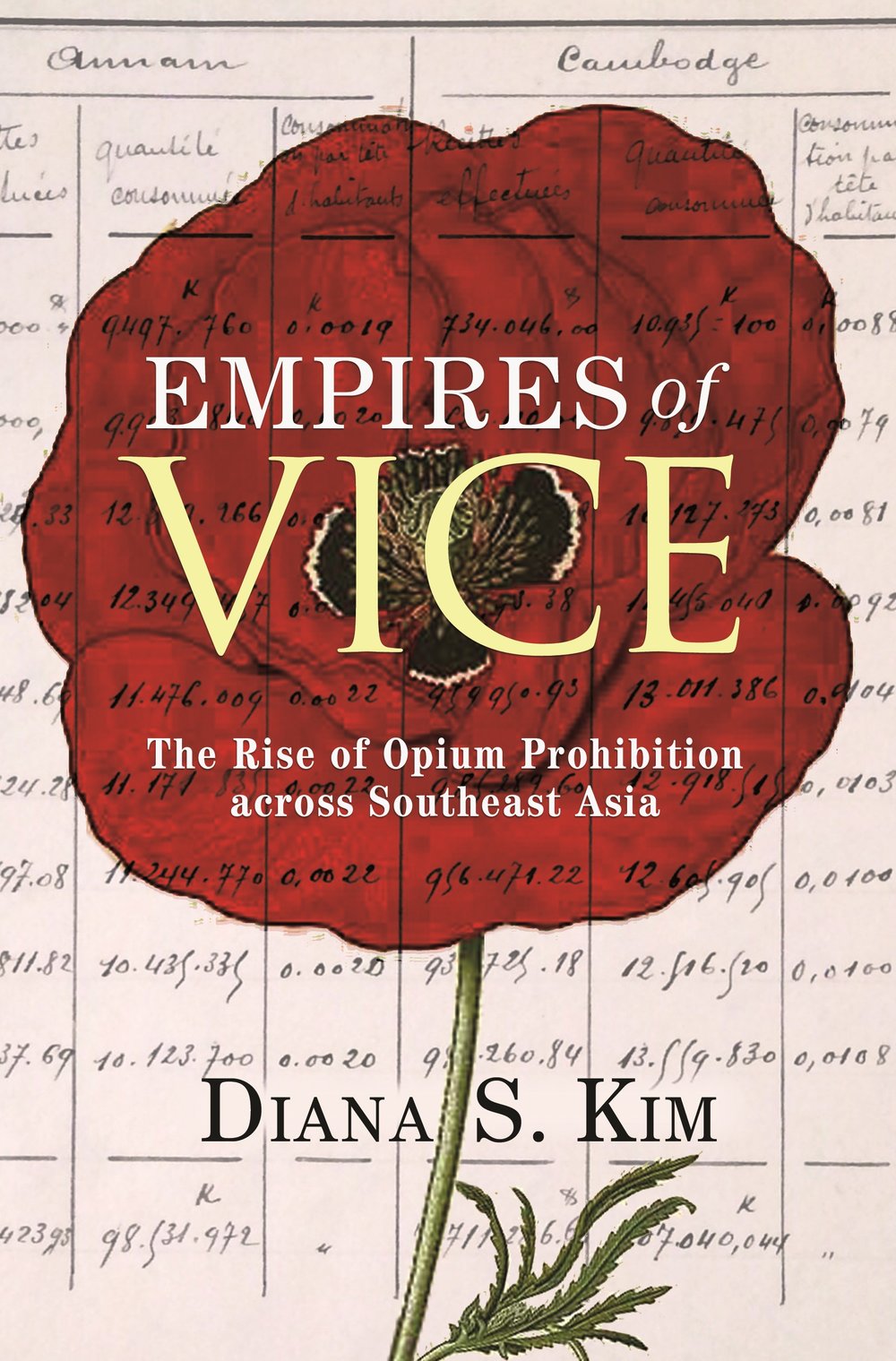
During the late nineteenth century, opium was integral to European colonial rule in Southeast Asia. The taxation of opium was a major source of revenue for British and French colonizers, who also derived moral authority from imposing a tax on a peculiar vice of their non-European subjects. Yet between the 1890s and the 1940s, colonial states began to ban opium, upsetting the very foundations of overseas rule — how did this happen? Empires of Vice traces the history of this dramatic reversal, revealing the colonial legacies that set the stage for the region's drug problems today.
Diana Kim challenges the conventional wisdom about opium prohibition — that it came about because doctors awoke to the dangers of drug addiction or that it was a response to moral crusaders — uncovering a more complex story deep within the colonial bureaucracy. Drawing on a wealth of archival evidence across Southeast Asia and Europe, she shows how prohibition was made possible by the pivotal contributions of seemingly weak bureaucratic officials. Comparing British and French experiences across today's Burma, Cambodia, Laos, Malaysia, Singapore, and Vietnam, Kim examines how the everyday work of local administrators delegitimised the taxing of opium, which in turn made major anti-opium reforms possible.
Empires of Vice reveals the inner life of colonial bureaucracy, illuminating how European rulers reconfigured their opium-entangled foundations of governance and shaped Southeast Asia's political economy of illicit drugs and the punitive state.
'Kim’s argument adds a valuable dimension and a perspective from the colonies most affected in a period which has been less written about by historians...[Kim] adds to our understanding of how
fundamental changes in response to the consumption of opiates came about.' — Virginia Berridge, Addiction
'Empires of Vice is well researched, with sources ranging from government records and meeting minutes to personal papers from state and private archives. It is written in an accessible style and will be of value to scholars of Southeast Asia, drugs history, and colonialism.' — Eric Colvard, Journal of British Studies

Diana S. Kim is assistant professor of political science at the Edmund A. Walsh School of Foreign Service at Georgetown University.

